Guinea
The historic trial of the 28 September 2009 massacre in Guinea has been suspended since Monday as lawyers boycotted the hearings in a bid to get paid after eight months, an AFP correspondent found.
Noting the boycott, the court adjourned the trial until next week, reported the correspondent, who was himself due to testify.
A group of lawyers, including those of former dictator Moussa Dadis Camara and a dozen former military and government officials, had given the authorities until Monday to meet their demands: financial assistance for their clients' defence, the creation of a fund to pay lawyers' fees and improved working conditions in the courtroom.
The defendants, who have been detained since the start of the trial on 28 September 2022, "have no income and are unable to meet their obligations to their lawyers", the lawyers said on 17 May in a letter setting out the ultimatum to the Ministry of Justice.
Their practices were "in a state of decay likely to lead to their closure", they said.
In a new letter sent to the president of the court on Monday, the collective noted that its demands had not been met and announced "the suspension of (its) participation in the trial".
Moussa Dadis Camara and his co-defendants are facing trial for dozens of murders and a litany of crimes of sexual violence, torture, abduction, and kidnapping, committed in a stadium on the outskirts of Conakry on 28 September 2009 and in the days that followed.
The Red Berets of the Presidential Guard, police officers, gendarmes, and militia put down a gathering of tens of thousands of opposition supporters with unbridled brutality. The violence continued for several days.
At least 156 people were killed and hundreds injured, and at least 109 women were raped, according to the report of a UN-mandated international commission of Inquiry. The real figures are probably higher.
The victims had long been calling for this historic trial, the first of its kind in a country ruled for decades by authoritarian regimes.
Alseny Sall, spokesperson for the Organisation guinéenne de défense des droits de l'homme et du citoyen, described the suspension of the trial as "very worrying".
"It would be a great pity if this trial, which has raised so many hopes beyond the victims and Guinea, were now to be halted for funding reasons", he said.



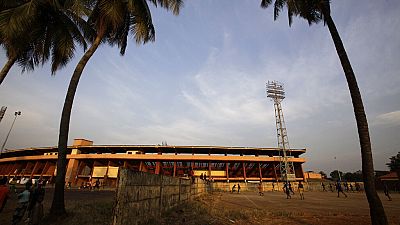

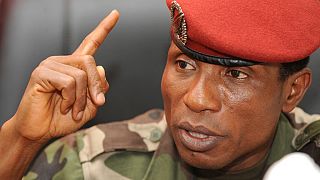
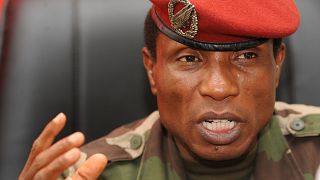
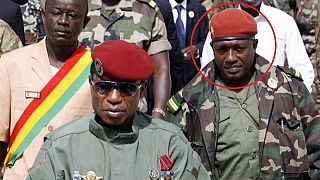
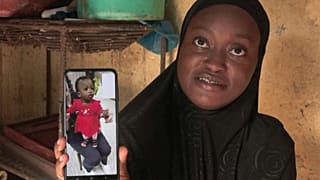

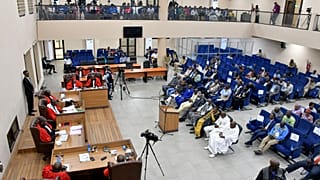
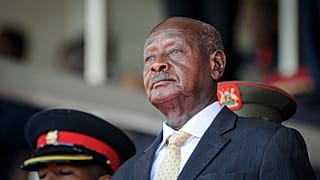
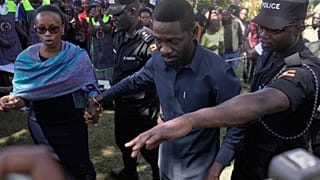
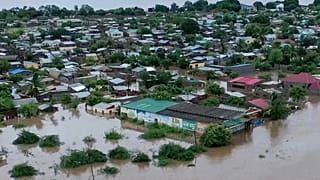
Go to video
AFCON 2025: Who is leading the Golden Boot race?
Go to video
Uganda’s election internet blackout meets Tanzania’s warning
Go to video
Uganda elections chief says he faces threats over vote outcome
Go to video
Uganda: Civil society under strain - who watches the vote?
Go to video
Uganda denies plans for election internet shutdown
Go to video
Lions, Eagles and more: AFCON 2025 teams and their nicknames